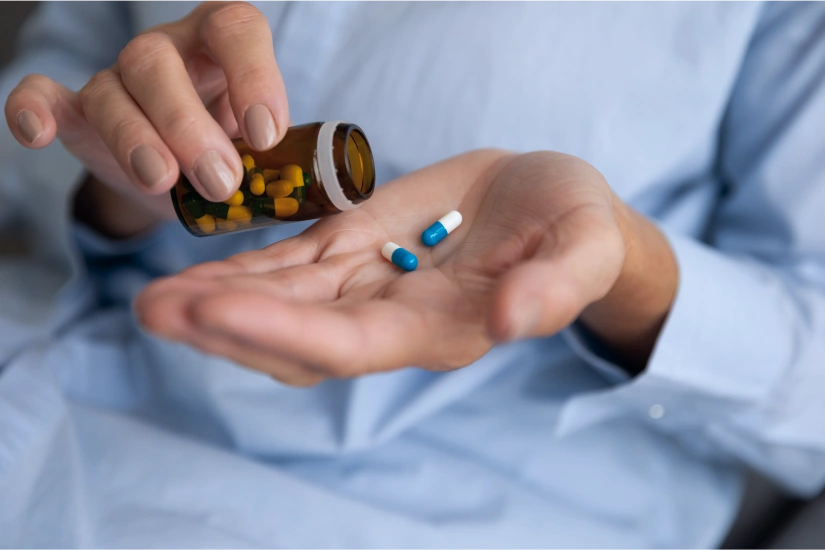24/7 Helpline:
(866) 899-221924/7 Helpline:
(866) 899-2219
Learn more about Medication-assisted Treatment centers in Dry Ridge
Medication-assisted Treatment in Other Cities

Other Insurance Options

EmblemHealth

ComPsych

Evernorth

Premera

Oxford

GEHA

UMR

Magellan Health

MVP Healthcare

Meritain

Kaiser Permanente

Multiplan

WellCare Health Plans

Optima

Choice Care Network

United Health Care

Regence

Ambetter

Providence

AllWell






NorthKey Community Care
NorthKey Community Care - Barnes Road provides mental health services based in research and integrat...

Region IV Mental Health Services
Region IV Mental Health Services is a private rehab located in Corinth, Mississippi. Region IV Menta...

Magnolia Regional Crossroads Mental Health Services
Magnolia Regional Crossroads Mental Health Services is a private rehab located in Corinth, Mississip...






















Awareness and Discovery
Awareness and Discovery offers services for individuals with substance abuse and behavioral health i...

Choices
Choices is a private rehab located in Corinth, Maine. Choices specializes in the treatment of Mental...

Region IV Mental Health Services – Chemical Dependency Complex
Region IV Mental Health Services – Chemical Dependency Complex is a public rehab located in Corinth,...















































